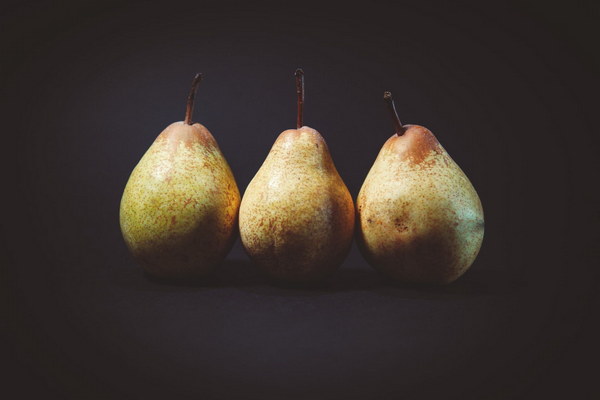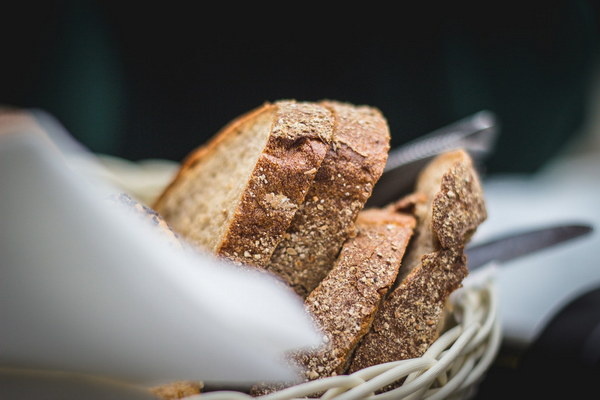Unlock the Secrets of Longevity Discover the Power of Traditional Chinese Wellness Practices
In the quest for a healthier, longer life, many of us turn to modern medicine and technological advancements. However, traditional Chinese wellness practices have been around for centuries, offering a wealth of knowledge that can help us achieve optimal health and vitality. From ancient herbs to mindful living, here's a closer look at the secrets of longevity hidden within traditional Chinese wellness practices.
1. The Concept of Yin and Yang
The foundation of traditional Chinese wellness lies in the concept of Yin and Yang, which refers to the balance of two opposing forces within the body. According to Chinese medicine, maintaining this balance is crucial for good health. By understanding the characteristics of Yin and Yang, we can make lifestyle adjustments that promote balance and longevity.
2. The Importance of Qi
Qi (pronounced chee) is often described as the life force that flows through our body, providing energy and vitality. In traditional Chinese wellness, the cultivation of Qi is essential for maintaining good health. Practices such as tai chi, qigong, and certain yoga techniques are designed to enhance Qi flow, leading to improved physical and mental well-being.
3. Herbs and Natural Remedies

Traditional Chinese medicine (TCM) utilizes a vast array of herbs and natural remedies to treat various ailments and promote overall health. Some popular herbs include ginseng, ginkgo biloba, and goji berries, all of which have been shown to have numerous health benefits. TCM also emphasizes the importance of diet, with a focus on balancing the five flavors (sour, bitter, sweet, spicy, and salty) to ensure optimal nutrition and health.
4. Acupuncture and TCM Therapies
Acupuncture, a key component of TCM, involves inserting fine needles into specific points on the body to stimulate the flow of Qi. This therapy has been used for thousands of years to alleviate pain, reduce stress, and improve overall health. Other TCM therapies, such as cupping and moxibustion, also aim to balance the body's energy and promote healing.
5. Mindfulness and Meditation
In traditional Chinese wellness, the mind plays a significant role in maintaining health and longevity. Practices such as meditation, mindfulness, and breathing exercises help to calm the mind, reduce stress, and improve mental clarity. By fostering a sense of inner peace, these practices contribute to a longer, healthier life.
6. Physical Activity and Exercise
Traditional Chinese wellness emphasizes the importance of regular physical activity and exercise. Practices such as tai chi, qigong, and martial arts like kung fu not only improve strength, flexibility, and balance but also help to enhance Qi flow. Incorporating these activities into your daily routine can lead to improved health, reduced stress, and a greater sense of well-being.
7. Sleep and Rest
Sleep is a crucial component of traditional Chinese wellness, as it allows the body to rejuvenate and repair itself. Chinese medicine emphasizes the importance of maintaining a regular sleep schedule, ensuring a peaceful sleep environment, and practicing relaxation techniques before bedtime.
In conclusion, traditional Chinese wellness practices offer a wealth of knowledge that can help us achieve a healthier, longer life. By incorporating the principles of Yin and Yang, cultivating Qi, utilizing herbs and natural remedies, and embracing mindfulness and physical activity, we can unlock the secrets of longevity and enjoy a vibrant, fulfilling life.









